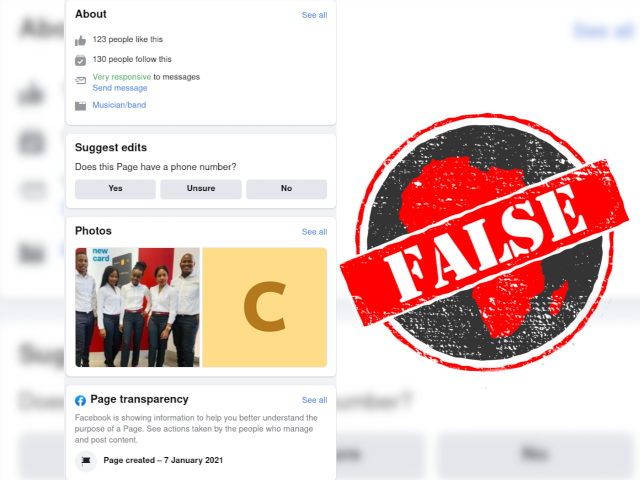IN SHORT: Posts circulating on Facebook in Nigeria claim that the Federal Road Safety Commission is recruiting. But this is yet another scam.
According to posts making the rounds on Facebook, application forms for the 2024-25 “Recruitment/Replacement” at the Nigeria Federal Road Safety Commission, or FRSC, are available “for sale”.
The FRSC regulates, enforces and coordinates all road traffic and safety management activities in the country.
The posts tell “interested applicants” to “call Mr B. Balogun” at a particular mobile number “for help and further information about the registration”.
The claim and contact details have also been posted here, here, here and here.
But is this a genuine recruitment exercise by the FRSC? We checked.

False information, beware of scam
We searched online and found no reports of any ongoing recruitment by the FRSC, but we did credible media sources debunking the claim.
According to reports from 14 April 2024, FRSC spokesperson Jonas Agwu warned Nigerians about falling victim to recruitment scams as the commission was not recruiting new officers.
He said: “The Corps Marshal, Dauda Biu, wishes to admonish applicants seeking to join the services of the corps, as well as the general public, to disregard the fake and misleading publications. The public is hereby warned to desist from any form of engagement with the purported scammers and purveyors of misinformation as the Corps will not be liable should anyone fall victim.”
The FRSC is not recruiting. Beware of falling for scams. To prevent yourself from scams, read our guide.
Republish our content for free
For publishers: what to do if your post is rated false
A fact-checker has rated your Facebook or Instagram post as “false”, “altered”, “partly false” or “missing context”. This could have serious consequences. What do you do?
Click on our guide for the steps you should follow.
Publishers guideAfrica Check teams up with Facebook
Africa Check is a partner in Meta's third-party fact-checking programme to help stop the spread of false information on social media.
The content we rate as “false” will be downgraded on Facebook and Instagram. This means fewer people will see it.
You can also help identify false information on Facebook. This guide explains how.





Add new comment